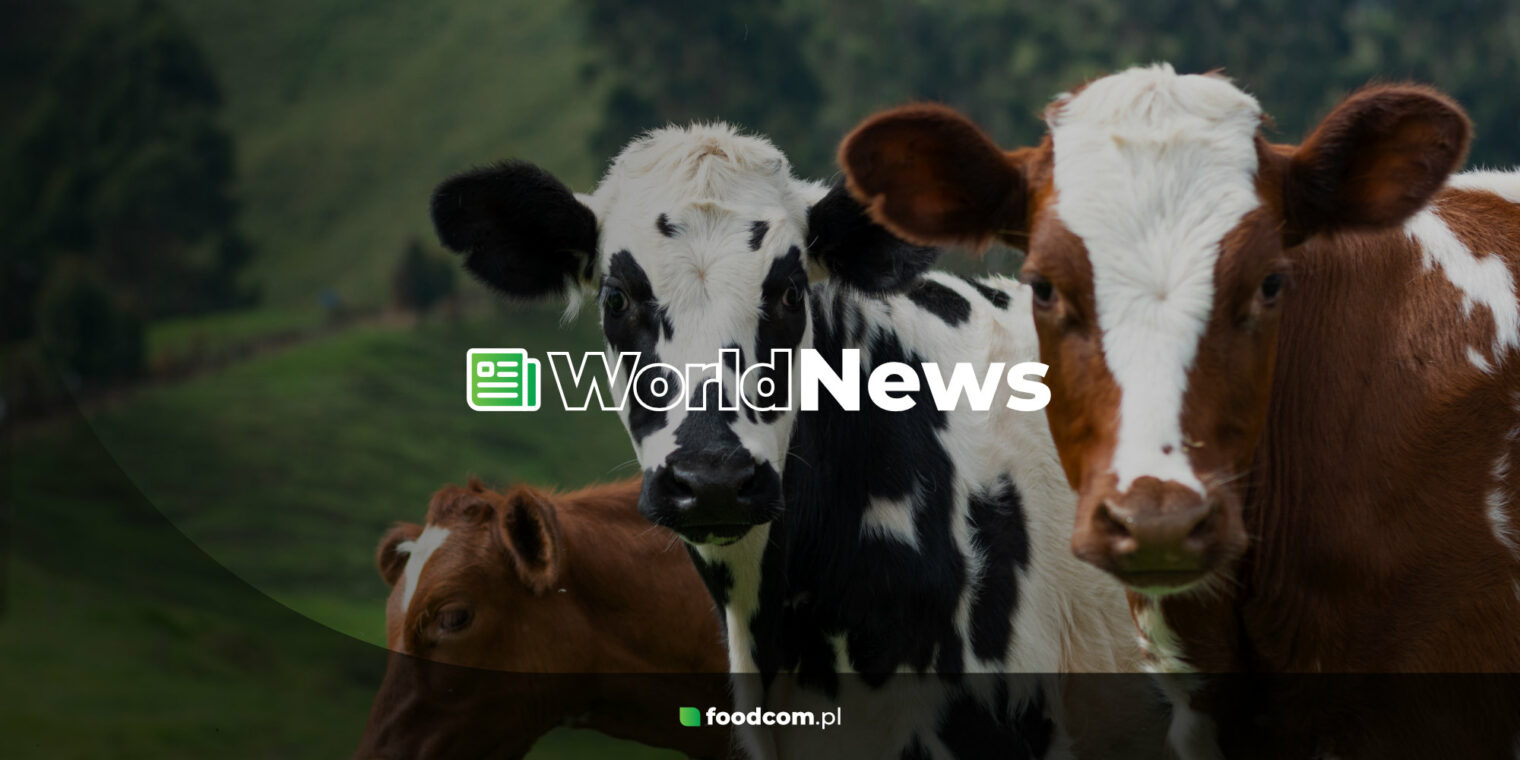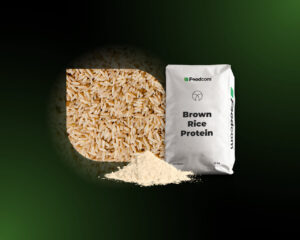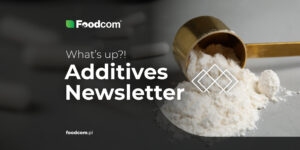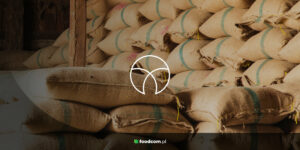Summary
Table of contents
Take a look at 3 news from the European dairy market! See how Spain manages to increase milk production despite the pandemic losses and why Cypriots are divided on whether the protection of Halloumi cheese is good news. On the Italian market, we go through Ferrero’s sustainability initiatives.
Although the Spanish dairy market faced numerous challenges during the pandemic, in 2020 the total cow milk production went up by 2.7% to 7,4 million tonnes compared to the previous year. This is despite the number of dairy cows in Spain dropped by 4% to a total of around 810,000 cows while the number of dairy farmers also decreased by 5% to 12,479. The enhanced domestic productivity is the result of the restructuring program of the Spanish dairy industry. While the pandemic caused a sharp drop in demand for dairy products for the HoReCa sector, the loss was somewhat moderated by enhanced domestic consumption with Spanish households propelling the demand for milk, cream, yogurt, butter, and cheese. Moreover, there was a shifted focus in export practices to non-EU partners which continues in 2021. For instance, Cuba increased the purchases of Spanish yogurt and buttermilk by 225% in January-February 2021 compared to the same period last year. In the first two months of 2021, China increased the imports of cream by 150% while orders from Taiwan grew by 134%.
On April 6th, 2021 the European Commission registered Halloumi cheese as a protected designation of origin (PDO) product after almost 7 years of efforts from the Cypriot government. The cheese products can now be labeled Halloumi cheese only when made by the Cypriot manufacturers and Cypriot Turkish community according to a set of specified rules. The measures aim to eliminate imitation and misuse of the name across the EU. However, not everyone seems to be satisfied with the outcome. The new guidelines require the Halloumi cheese to be made with min 50% of goat and sheep milk which will soon become problematic as the island is facing livestock shortage. The global producers are not thrilled with the decision either – the New Zealand dairy industry points out that further restrictions on cheese naming will limit the flexibility of production and trade for the extra-EU companies. The stakes are high – in 2020, the revenue from Halloumi cheese exports brought Cyprus €247 million.
Ferrero continues efforts toward enhanced sustainability via their Vision Dairy project, particularly aimed at improving cow welfare, farm performance, and environmental stewardship. A major partner in this endeavor became FAI Farms specializing in consulting and research for sustainable agricultural solutions. The key challenges include reducing the carbon emissions, biodiversity impacts, and ensuring the 100% traceability of Ferrero’s milk back to the farm. The latter was tested over 2019 on the ground with selected suppliers and the collected data will further facilitate the development of the sustainable milk supply chain. Ferrero does not limit their sustainability efforts only to dairy products. Their mission of responsible sourcing involves also key raw products for the company’s staple confectionery items and includes hazelnuts, palm oil, sugar, and cocoa. The latter is sourced under the Cocoa & Forests Initiative (CFI) program launched in 2019/2020 joined by Côte d’Ivoire and Ghana along major cocoa and chocolate producers. The initiative aims primarily at implementing the practices allowing for better traceability of cocoa as well as implementing anti-deforestation mechanisms.
Spanish dairy market tackles the pandemic losses
Although the Spanish dairy market faced numerous challenges during the pandemic, in 2020 the total cow milk production went up by 2.7% to 7,4 million tonnes compared to the previous year. This is despite the number of dairy cows in Spain dropped by 4% to a total of around 810,000 cows while the number of dairy farmers also decreased by 5% to 12,479. The enhanced domestic productivity is the result of the restructuring program of the Spanish dairy industry. While the pandemic caused a sharp drop in demand for dairy products for the HoReCa sector, the loss was somewhat moderated by enhanced domestic consumption with Spanish households propelling the demand for milk, cream, yogurt, butter, and cheese. Moreover, there was a shifted focus in export practices to non-EU partners which continues in 2021. For instance, Cuba increased the purchases of Spanish yogurt and buttermilk by 225% in January-February 2021 compared to the same period last year. In the first two months of 2021, China increased the imports of cream by 150% while orders from Taiwan grew by 134%.
Is protecting Halloumi cheese good news?
On April 6th, 2021 the European Commission registered Halloumi cheese as a protected designation of origin (PDO) product after almost 7 years of efforts from the Cypriot government. The cheese products can now be labeled Halloumi cheese only when made by the Cypriot manufacturers and Cypriot Turkish community according to a set of specified rules. The measures aim to eliminate imitation and misuse of the name across the EU. However, not everyone seems to be satisfied with the outcome. The new guidelines require the Halloumi cheese to be made with min 50% of goat and sheep milk which will soon become problematic as the island is facing livestock shortage. The global producers are not thrilled with the decision either – the New Zealand dairy industry points out that further restrictions on cheese naming will limit the flexibility of production and trade for the extra-EU companies. The stakes are high – in 2020, the revenue from Halloumi cheese exports brought Cyprus €247 million.
Ferrero seeks sustainability
Ferrero continues efforts toward enhanced sustainability via their Vision Dairy project, particularly aimed at improving cow welfare, farm performance, and environmental stewardship. A major partner in this endeavor became FAI Farms specializing in consulting and research for sustainable agricultural solutions. The key challenges include reducing the carbon emissions, biodiversity impacts, and ensuring the 100% traceability of Ferrero’s milk back to the farm. The latter was tested over 2019 on the ground with selected suppliers and the collected data will further facilitate the development of the sustainable milk supply chain. Ferrero does not limit their sustainability efforts only to dairy products. Their mission of responsible sourcing involves also key raw products for the company’s staple confectionery items and includes hazelnuts, palm oil, sugar, and cocoa. The latter is sourced under the Cocoa & Forests Initiative (CFI) program launched in 2019/2020 joined by Côte d’Ivoire and Ghana along major cocoa and chocolate producers. The initiative aims primarily at implementing the practices allowing for better traceability of cocoa as well as implementing anti-deforestation mechanisms.
Categories:







